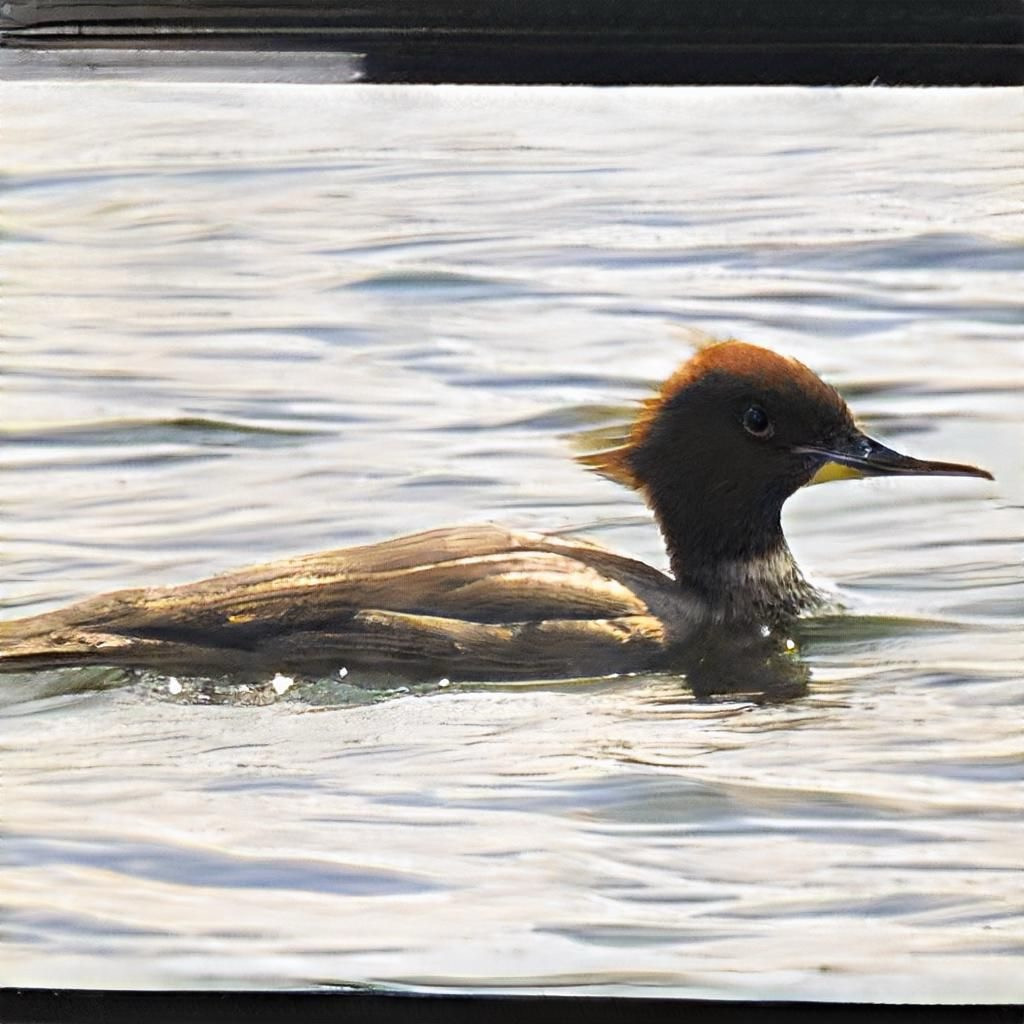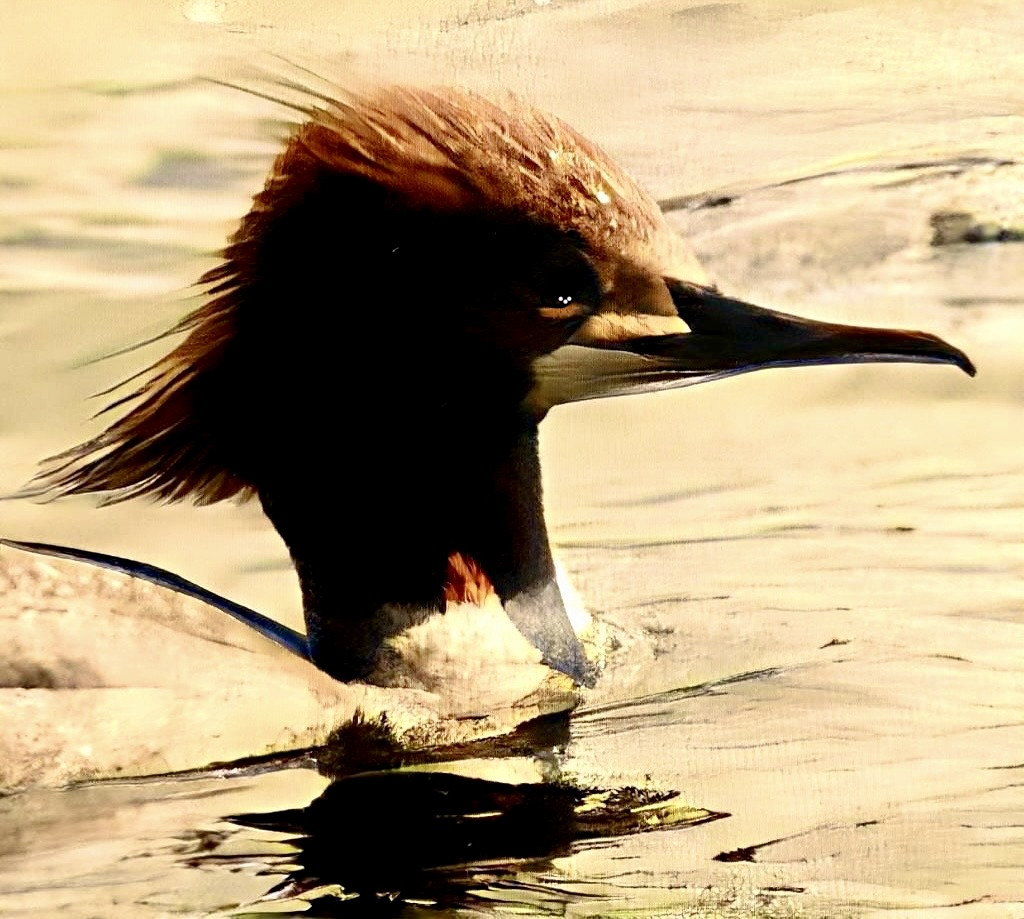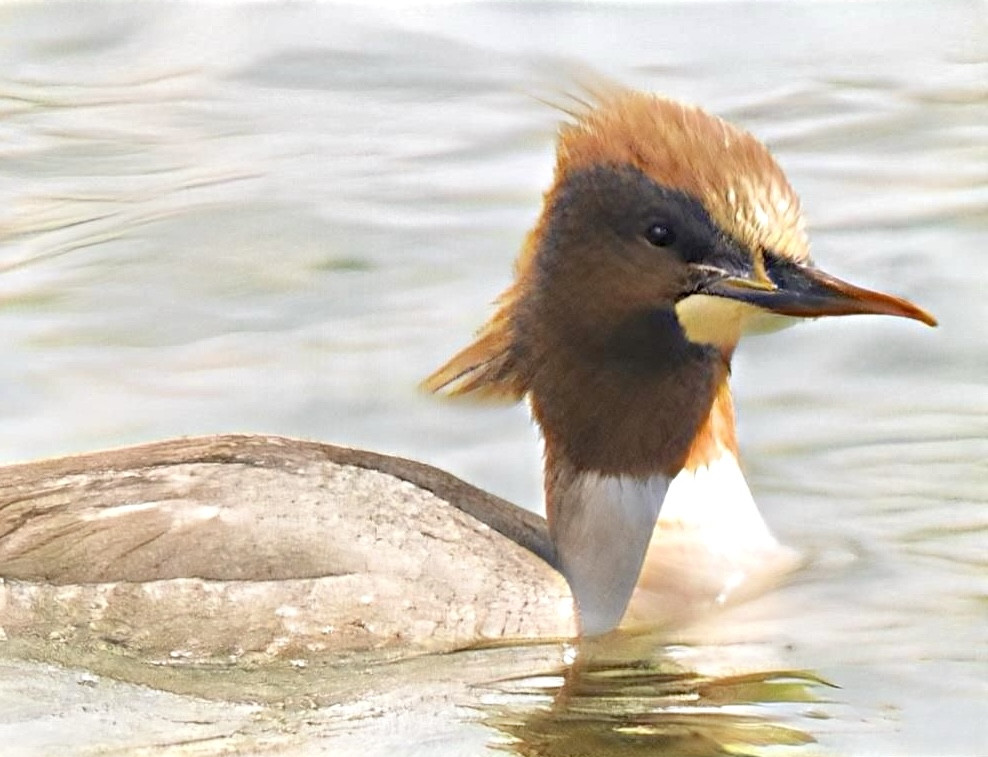Description
The deep waters around Lake Vättern are ice-free most years. This makes it an excellent wintering area for birds. The lake holds large wintering populations of gulls like Sivi galeb, Srebrnasti galeb and Crni galeb. This is also one of the best places for the rare Severni galeb, although it is not seen most years. Most gulls winter around Motala. The area also holds wintering waterfowl. Most commonly: Veliki ronac, Labud grbac, Siva čaplja, Veliki labud, Ćubasta patka and Patka dupljašica. Around Vadstenaviken large amounts (many hundreds) of Gluvara winter. Often with other rarer (wintering) dabbling ducks in the mix. The lake also holds wintering populations of Veliki vranac, Srednji ronac, Mali ronac (visitors from Boren) Ćubasti gnjurac, Mali gnjurac, and during mild winters: Ušati gnjurac, Baršunasti turpan, Crnogrli morski gnjurac and Ledenjarka. The large fields around Vadstena and Norrsten hold wintering geese, Planinska juričica and Snežna strnadica. Many birds of prey also winter. Most common are Kobac, and Belorepan.
During the last weeks of Febuari the first spring birds arrive. Čvorak, Poljska ševa, Zeba, and Vivak are usually the first to arrive. Some of the previously mentioned birds might start to winter if the winters continue to be mild. Many geese like Belolika guska, Divlja guska, Guska ljigarica, Lisasta guska Guska glogovnjača (tundranska) and Kanadska guska are often seen. Most geese congregate around Tycklingen and Norrsten. Sometimes Kratkokljuna guska is also found.
During March most of the geese increase in number. More birds of prey arrive: Gaćasti mišar, Vetruška, Sivi soko, and Riđa lunja. In Vadstenaviken large amounts of dabbling ducks often rest. Šarena utva (Regular), Obični galeb, Ostrigar, and Barska šljuka also arrive during this period. From this period onwards Velika bela čaplja is sometimes seen.
During April other wader along with Konopljarka and Livadska trepteljka arrive. During April-May large amounts of passerine birds, wader, gulls, and terns use the lake as a landmark for migration. It starts in the middle of April with thousands of Zeba and Severna zeba, continuing with thousands of Velika carska šljuka, with smaller amounts of other waders like Mala carska šljuka, Laponska muljača, Sprudnik ubojica and Crvenonogi sprudnik. Also large amounts of gulls like Obični galeb and Sivi galeb. In early May hundreds of terns (Obična čigra, Arktička čigra) pass. Along with rarer birds like Crna čigra, Troprsti galeb (quite rare) and Mali galeb.
During the summer many species of night-active birds can be heard like Cvrčić tršćar, Veliki slavuj, Prdavac, Veliki trstenjak (vadstena reningsverk), Prepelica and sometimes Cvrčić potočar. Many other warblers can be found during this period. In the cities of Motala and Vadstena city birds like Gugutka, Zelentarka, Crna crvenrepka (missing most winters), Severna zeba, Divlji golub, and Crnoglava grmuša can be found year round.
Details
Access
Parking can be done at ample places. Some of them are: Tycklingen, Motala, Råssnäsudden, and Vadstena castle. Click on a P in the map to get directions to that area.
Terrain and Habitat
Forest , Wetland , Scattered trees and bushes , Grassland , Valley , Plain , Plateau , Lake , Beach , Mud flats , Agriculture , Reedbeds , River , City/villageConditions
Flat , Hilly , Sandy , Wet , Open landscapeCircular trail
YesIs a telescope useful?
Can be usefulGood birding season
All year roundBest time to visit
WinterRoute
Paved roadDifficulty walking trail
Average walkAccessible by
Foot , Bicycle , CarBirdwatching hide / platform
NoExtra info
Be respectful of the birds. Especially during breeding season.






